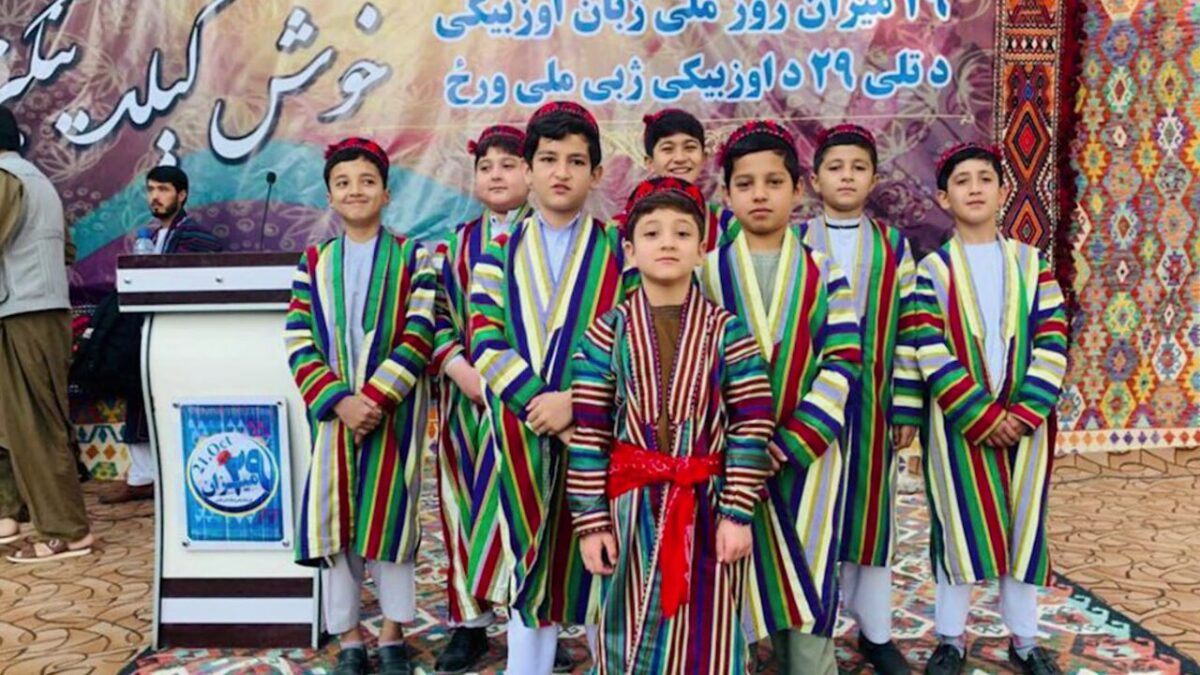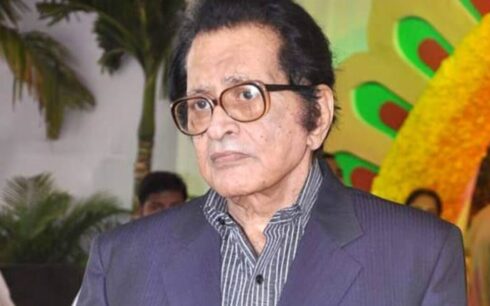As Afghanistan marked National Uzbek Language Day on October 20, concerns have been raised that Taliban are disregarding the country’s linguistic and cultural diversity, with critics accusing the regime of sidelining the Uzbek language and its speakers.
Bashir Ahmad Tayanj, spokesperson for the National Islamic Movement of Afghanistan, condemned the Taliban’s approach, stating that the regime views the Uzbek language with “humiliation” and has no plans to promote its historical significance.
“The Taliban do not value the cultural differences of Afghanistan and have failed to implement any programs that support the preservation or promotion of the Uzbek language,” Tayanj said.
National Uzbek Language Day, declared by the former government, has largely gone unrecognized under Taliban rule, with no official messages or events organized to commemorate the occasion. Many Afghans accuse the Taliban of favoring the Pashto language while neglecting other ethnic languages, including Uzbek.
“The Taliban do not believe in the cultural and linguistic diversity of the Afghan people. Today is National Uzbek Language Day, yet their focus remains solely on Pashto,” said one Kabul resident. A resident of Balkh expressed a similar sentiment, calling on the Taliban to respect Afghanistan’s rich cultural tapestry: “Our request to the Taliban is to acknowledge and respect cultural and linguistic differences, but they are currently prioritizing Pashto at the expense of other languages.”
Cultural activists also urged the Taliban to honor the legacy of the Uzbek language and organize events to promote it. They highlighted the historical importance of Uzbek, which is spoken by a large population in northern Afghanistan and has long been a significant part of the country’s cultural identity.
Tayanj, speaking on behalf of the National Islamic Movement, stressed that the marginalization of the Uzbek language is part of a broader neglect of the Uzbek community under Taliban rule. “The Taliban do not recognize the history, culture, or contributions of Uzbeks in Afghanistan,” he said. “The language and its speakers are in a poor social position under this administration.”
Throughout Afghan history, the Uzbek language has been a key part of the nation’s linguistic landscape, especially in northern, northwestern, and northeastern regions. However, many believe that under the Taliban’s political structure, the Uzbek community has been relegated to a symbolic role, without any real influence in the country’s social or political life.





